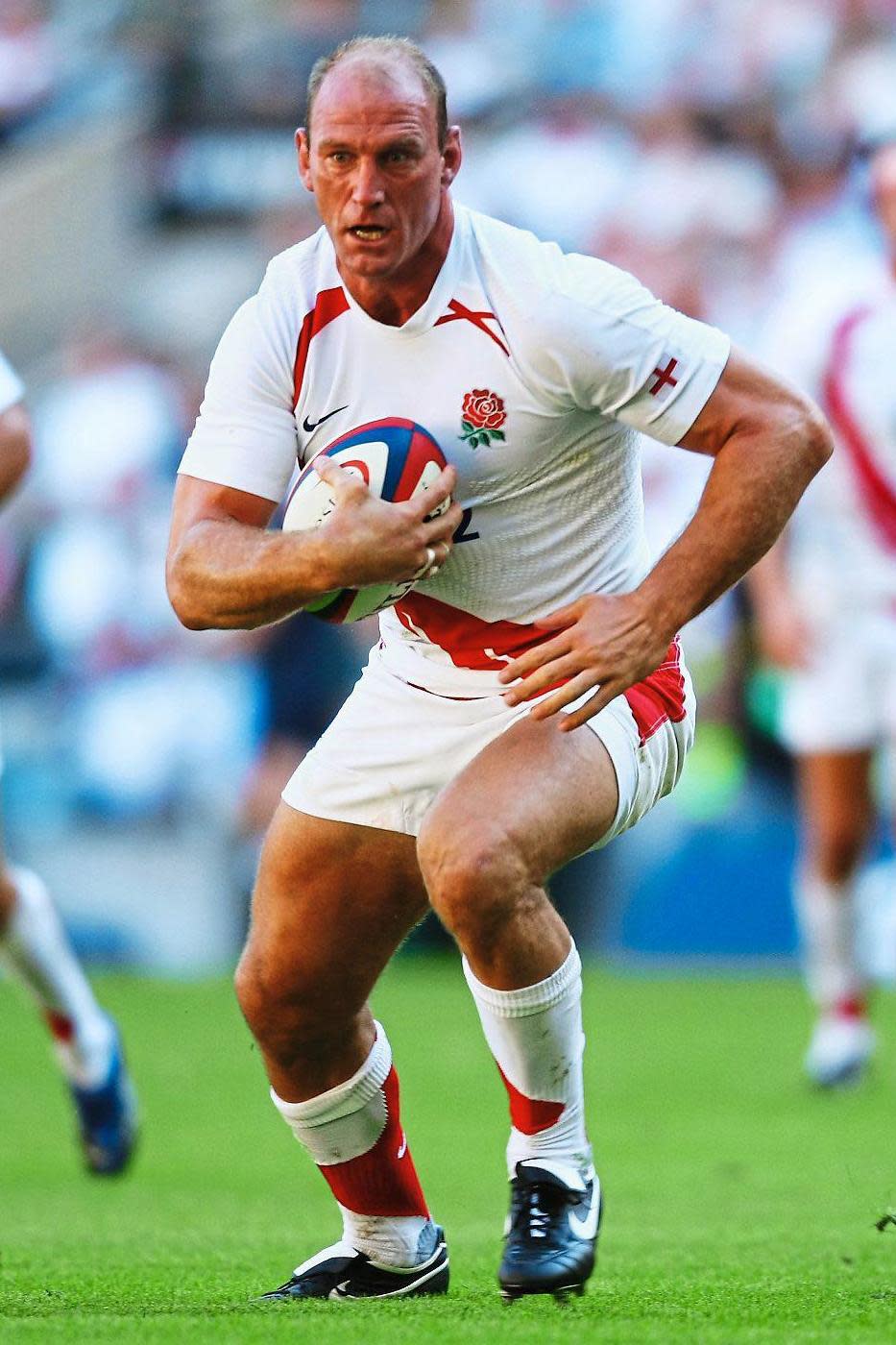How rugby has helped me tackle violent impulses

Vinnie Gardner was 13 when he was kicked out of school, The Totteridge Academy in Barnet. At the time, Vinnie, one of nine siblings, was dealing weed, drinking alcohol, stealing and getting into fights. “I didn’t go lessons, teachers hated me, I was their daily nightmare,” he recalled.
The slightly-built teenager had quite a legacy hanging over him. “My dad went to prison many times — for violence, firearms, drugs and drunk driving,” he said.
“Mum also came from a notorious family. Her dad was known as Patch because he got shot in the eye and wore an eye-patch. He had been a driver for the Krays and he also had a finger missing because it was chopped off by the Richardson family who were rivals of the Krays.”
When Vinnie arrived at The Pavilion pupil referral unit in north London, he was already, he admitted, “out of control” — but then his father died of alcohol poisoning in the following year and he became even worse.
“I felt angry because my dad was dead and I decided I wanted to be like him,” he said. “I started to carry a knife, I thought I was the boss, the Big Man. I bullied other children and they were terrified of me.”
Fast-forward five years and Vinnie, now 19, is a reformed man, attending a college for the performing arts. Two things, he said, turned his life around. The first was a gifted teacher at The Pavilion who helped him find a different path. The second factor was rugby.
Dallaglio RugbyWorks, a charity founded by former England captain Lawrence Dallaglio in 2014, started rugby workshops at The Pavilion that year. Now in 74 schools in England and Wales, mostly pupil referral units, they work with 205 excluded teenagers and offer their programme free of charge.

RugbyWorks helps to redirect the energy of excluded pupils and mentor them into sustained education, employment or training.
At first, Vinnie was not keen to attend. “They played touch rugby which means if someone catches you, it’s like a tackle and you have to give them the ball,” he said. “I hated being caught. I would swear, ‘give me the f***ing ball or I’ll punch you’. Nobody stood up to me. But then the coach pulled me aside and said, ‘we don’t talk like that here’.
“The coaches taught me to accept there were rules and to understand the benefits of discipline and teamwork. I started to get into it and found that it helped me blow off steam.”
Joanne Kelly, 50, headteacher of The Pavilion since 2014, said she invited in RugbyWorks because she wanted to promote “healthy living”.
“More than half the pupils at The Pavilion are on free school meals, 57 per cent live in areas of deprivation and 46 per cent have a reading age below 10 when they arrive at us, usually at age 14 or 15,” she said.
“The ethos of The Pavilion is mutual respect, but still, every morning when the pupils come in, we wand them for knives and remove mobile phones as well as cigarettes, lighters and fizzy drinks. If they stink of weed, we have to speak to them. It’s no longer common, but it used to be a problem. RugbyWorks offers healthy, outdoor activity as well as a chance for kids to learn new skills and build confidence.”
Vinnie was a case in point. “When he came to us at 13, he had very low self-esteem, low literacy and numeracy and was utterly disengaged,” said Kelly.
“We identified he had undiagnosed learning needs and we started to help him. At 14, he started with RugbyWorks, which also took him to Google and Apple as part of work experience opportunities they offer.”
Today RugbyWorks engages about 10 pupils at The Pavilion at weekly rugby skills workshops and offers employability sessions and a career taster day.
Dan Field, 31, who was born visually impaired, is one of the RugbyWorks coaches at The Pavilion and said being singled out at school for his disability gave him insight into the anger excluded pupils can feel. “Rugby offers an outlet for them to let off energy and be themselves,” he said.
Jose Pereira, 20, Dan’s fellow coach at The Pavilion, was a student at the Francis Barber pupil referral unit in south London. “I came from Portugal speaking no English and no mainstream school would take me,” he said.
“I tried RugbyWorks and I enjoyed it because it was a way to make new friends. It also helped with language skills because I had to call moves in English. Later I went to college and did sports BTEC courses, then RugbyWorks employed me and now I coach in six schools.”
For Kelly, the only downside is that RugbyWorks is not offered to teachers. “Many of our pupils have undiagnosed autism or ADHD and many are dealing with childhood trauma,” she said.
“It’s a challenging environment and one of the difficulties is to maintain the wellbeing of staff. I want RugbyWorks to set up a staff programme because teachers burn out and rugby can help them too.”
For Vinnie, changing his life saved his life. “When I was 14, I was ambushed by three kids who tried to knife me in the stomach but stabbed me in the knee. It was a wake-up call. If I had not found the help I did, I would have probably ended up like my father. Instead, I am excited to be doing a BTEC diploma in performing arts at the Chickenshed Theatre in Southgate.
“People tell me I am going to be a big success.” He grinned.
“But given what I done and where I come from, I feel I already am.”

 Yahoo News
Yahoo News 
